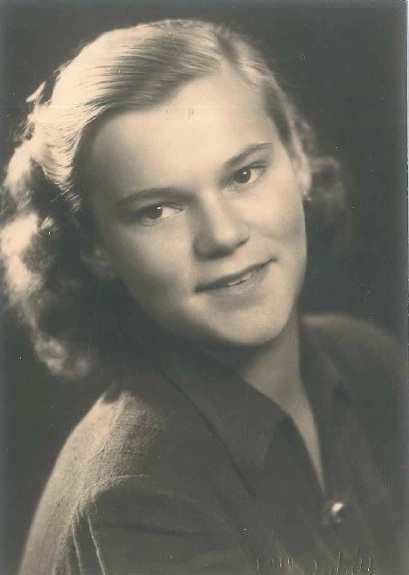Dad‘s machines were left to rust in the rain

Stáhnout obrázek
Helena Mastná was born on June 9, 1930 in Hůrky near Lišov. The family owned a farm in the village. After elementary school, she worked at home on the farm and after her marriage in 1949, she moved to Pilsen, where her two children were born. Her father refused to join the local unified agricultural cooperative (JZD). The Communists confiscated his machinery and forbade workers to work on his farm. The family was supposed to be evicted from Hůrky, but the local people stood up for the popular farmer. The witness worked as a baker.







